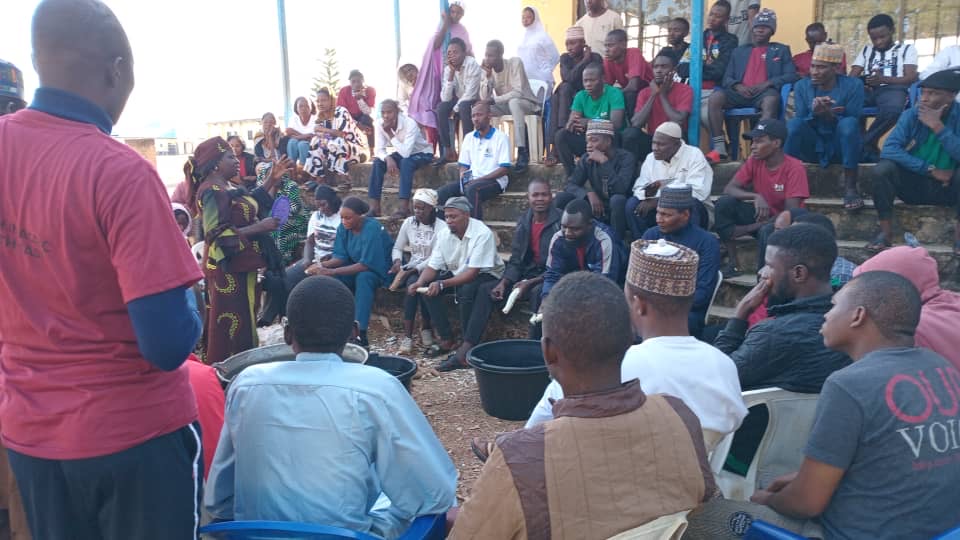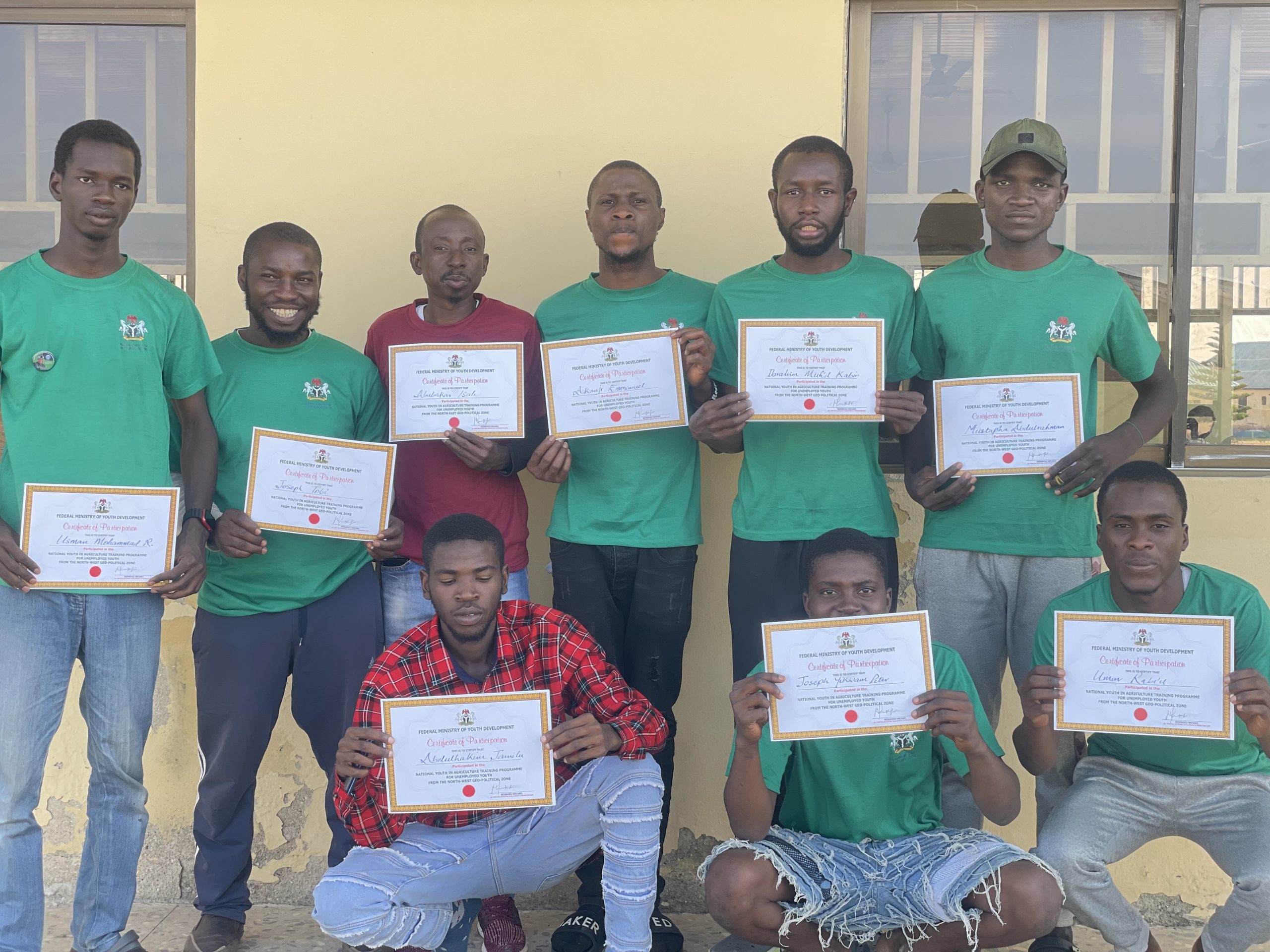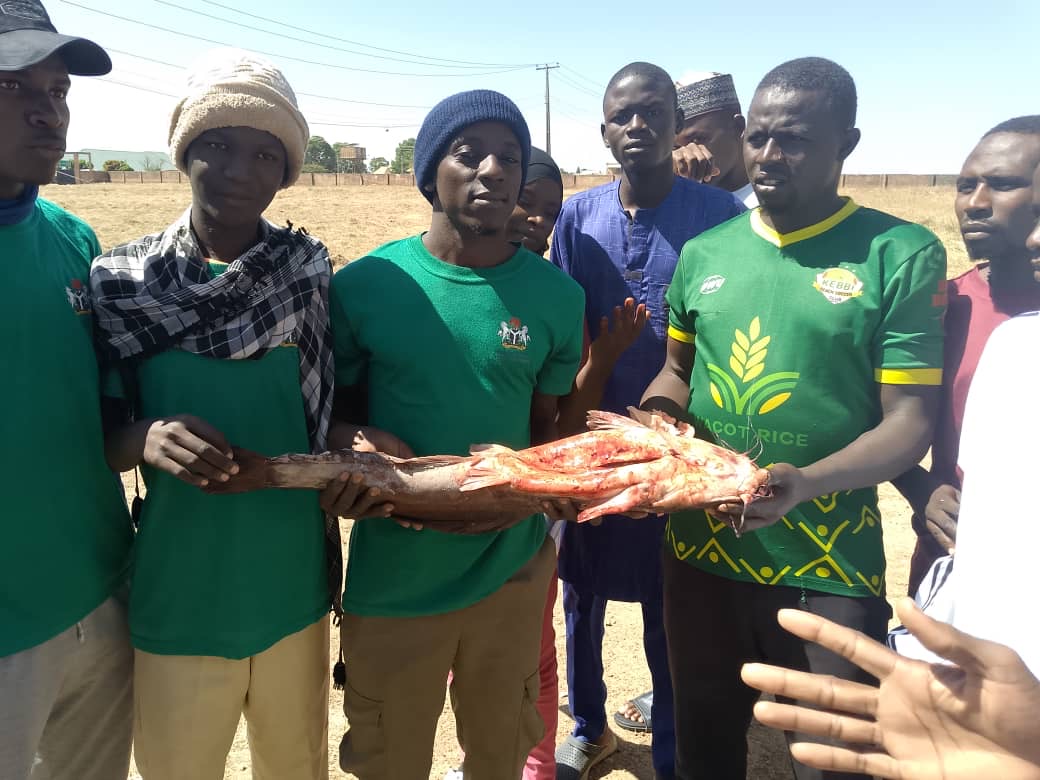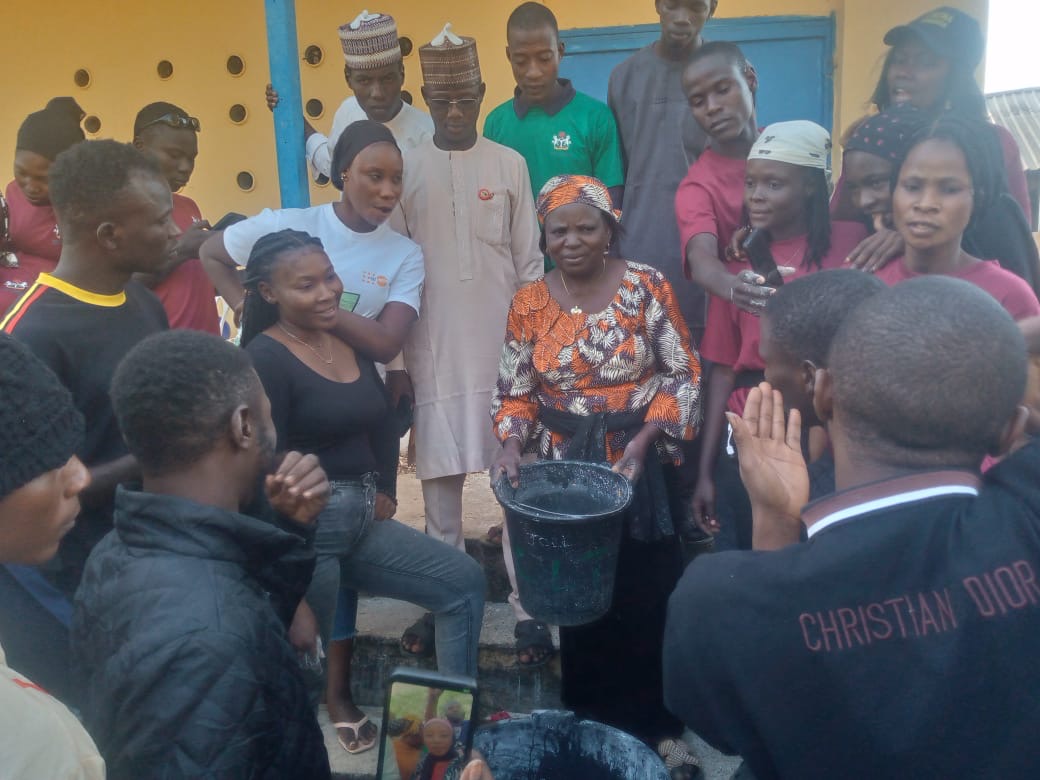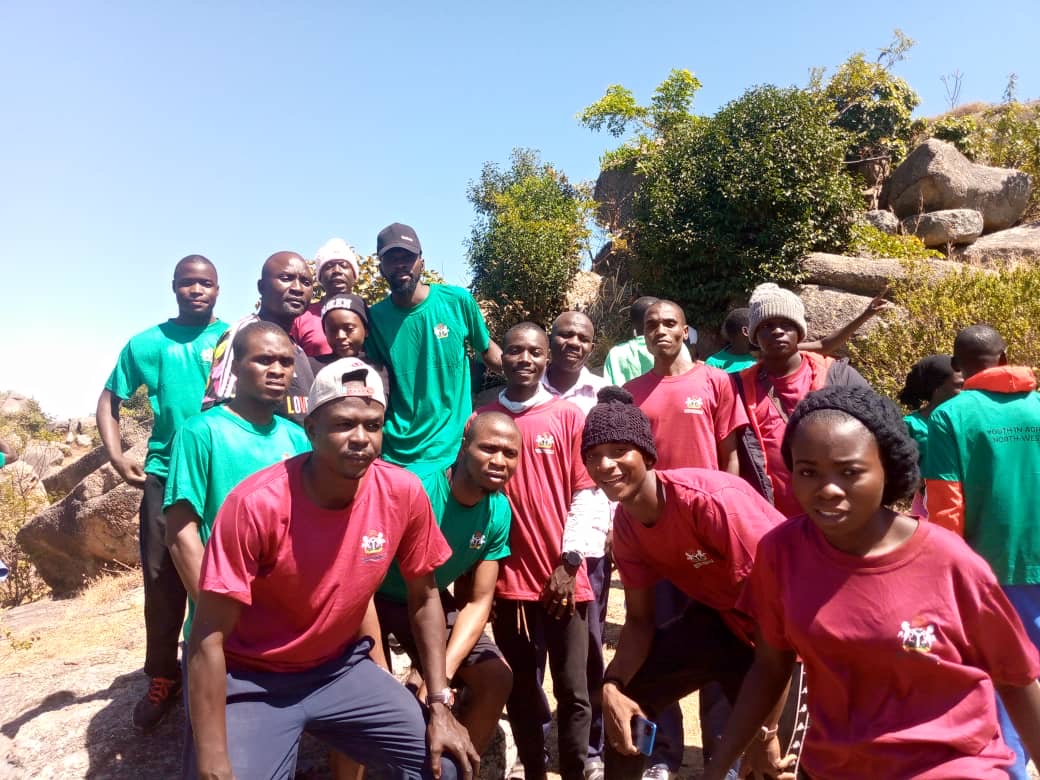Empowering Youth Through the National Youth in Agriculture Training Programme
The National Youth in Agriculture Training Programme, hosted at the Citizenship and Leadership Training Centre in Shere Hills, Jos, provided a blend of practical skills and valuable life lessons. This program was designed to inspire young Nigerians to embrace agriculture while equipping them with entrepreneurial, leadership, and financial literacy skills.
A Place to Learn and Grow
The Citizenship and Leadership Training Centre, established in 1951, has a rich history of developing future leaders. Situated in the serene environment of Shere Hills, Jos, the centre is renowned for its focus on character building, teamwork, and leadership. Its mission aligns with helping participants become responsible citizens, ready to contribute to Nigeria’s progress.
From past heads of state to today’s changemakers, many prominent Nigerians have passed through this centre. It’s a place where leaders are made and values are shaped.
Starting with the Basics
The training began with essential lectures on entrepreneurship, leadership, and financial planning. These sessions provided a foundation for the program, ensuring participants understood the importance of having both technical skills and the mindset to succeed.
We explored the government’s “1 Youth, 2 Skills” initiative, which aims to prepare every young Nigerian with two practical skills. The sessions also covered topics such as:
•Starting and managing a business.
•Developing leadership qualities for community growth.
•Creating a savings culture and managing money wisely.
These lessons set the stage for what followed, making it clear that skills are only valuable when paired with the ability to lead and make sound decisions.
Hands-On Agricultural Training
Once the lectures were complete, participants were grouped to focus on one of three agricultural skills:
1.Cassava Processing
2.Beekeeping
3.Fish Farming
I joined the cassava processing group, drawn by its profitability and market demand. Under expert guidance, we learned how to produce cassava-based products such as garri, starch, fufu, cassava akara, and even cassava bread.
The training was interactive and practical. We used real equipment, experimented with different processes, and gained a deeper understanding of cassava’s value in the agricultural market. Beyond the technical skills, we were taught how to brand and market these products to maximize profitability.
Structured Daily Activities
The program was well-organized, with each day packed with engaging activities.
•Morning Routine: We started each day with physical exercises like jogging, which helped us stay energized. Afterward, we had breakfast to fuel up for the day ahead.
•Skill Training: The morning and early afternoon sessions focused on lectures and hands-on training. These sessions were both practical and insightful.
•Afternoon Break: Lunch provided an opportunity to rest and reflect before continuing with activities.
•Evening Engagements: We participated in sports, such as football, which fostered teamwork and kept us active. The day ended with group discussions, entertainment, and reflections on what we learned.
This balance of physical, mental, and social activities kept the experience lively and memorable.
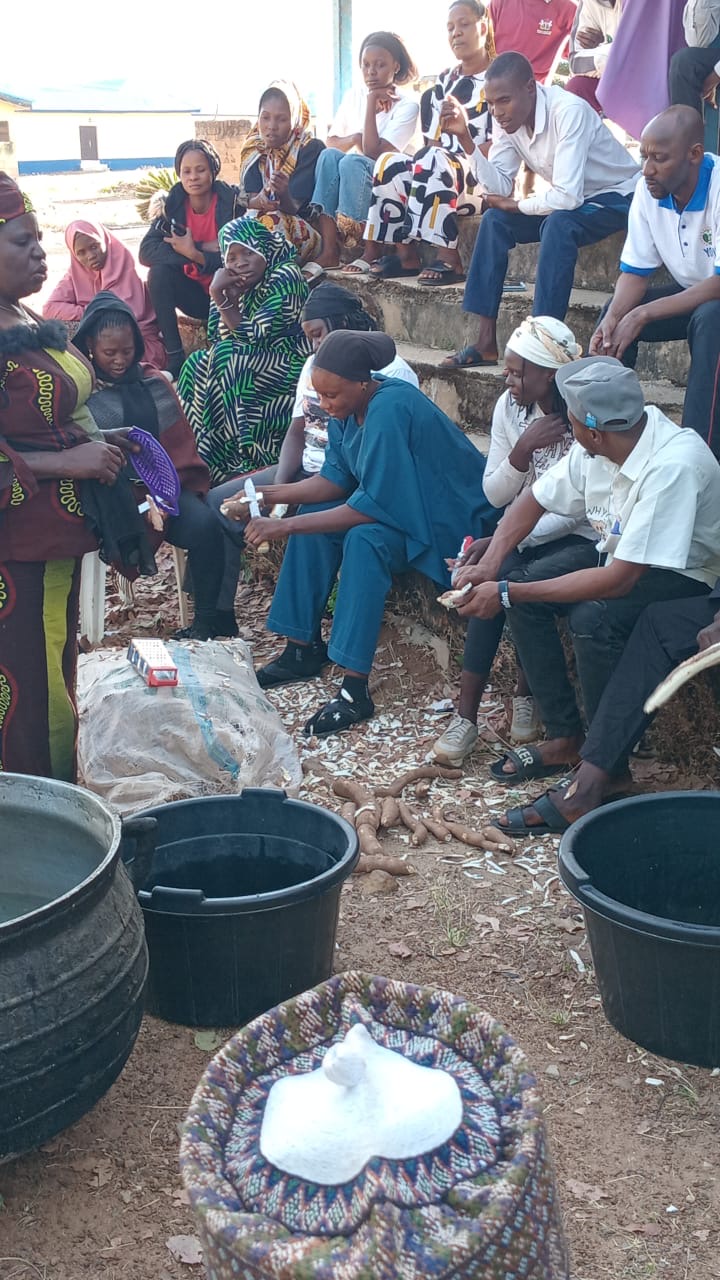 Lessons That Last a Lifetime
Lessons That Last a Lifetime
The training went beyond just teaching agricultural skills. It instilled in us the importance of self-reliance, teamwork, and financial discipline. By learning how to process cassava and understanding its market potential, we realized how agriculture can create wealth and opportunities.
The emphasis on entrepreneurship opened our minds to seeing agriculture not just as farming but as a business. Leadership training taught us how to inspire others and work effectively in teams, while financial planning gave us tools to manage money wisely.
Moving Forward
The National Youth in Agriculture Training Programme is a strong example of how young Nigerians can be empowered. By combining technical training with life skills, this initiative is creating a generation of leaders, entrepreneurs, and innovators.
The “1 Youth, 2 Skills” initiative shows the government’s commitment to preparing youth for the future. Programs like this are not just about skills they are about transformation.
This experience has inspired me to embrace opportunities in agriculture and apply the knowledge I gained. It’s clear that with the right tools and mindset, we can contribute meaningfully to the development of our communities and the country at large.
What do you think about this program? Share your thoughts or similar experiences in the comments! Let’s discuss how we can all work toward a better fu

